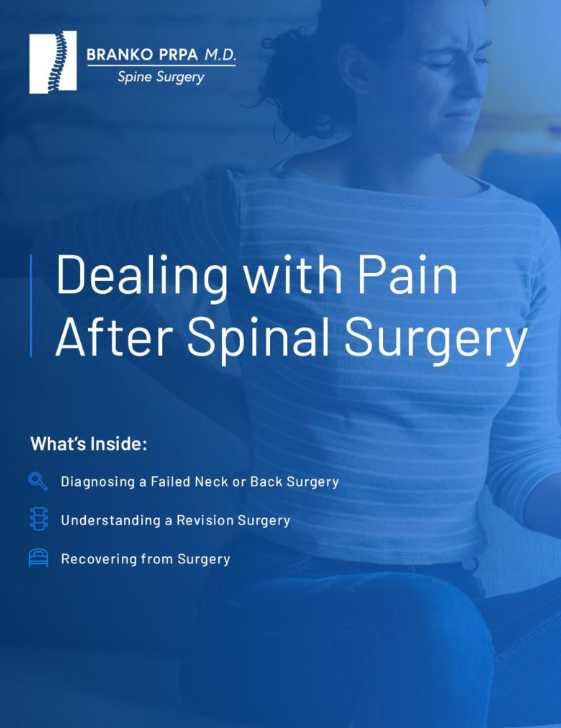Herniated Disc
What is a herniated disc?
Spinal disc herniation, commonly called a slipped disc, is a medical condition affecting the spine in which a tear in the outer, fibrous ring of an intervertebral disc allows the soft, central portion to bulge out beyond the damaged outer rings. Disc herniation is usually due to age related degeneration of the anulus fibrosus, although trauma, lifting injuries, or straining have been implicated.
Disc herniations are normally a further development of a previously existing disc protrusion, a condition in which the outermost layers of the anulus fibrosus are still intact, but can bulge when the disc is under pressure. In contrast to a herniation, none of the nucleus pulposus escapes beyond the outer layers. Most minor herniations heal within several weeks. Anti-inflammatory treatments for pain associated with disc herniation, protrusion, bulge, or disc tear are generally effective. Severe herniations may not heal of their own accord and may require surgical intervention. The condition is widely referred to as a slipped disc.
Symptoms of a herniated disc can vary depending on the location of the herniation and the types of soft tissue that become involved. They can range from little or no pain if the disc is the only tissue injured, to severe and unrelenting neck or lower back pain that will radiate into the regions served by affected nerve roots that are irritated or impinged by the herniated material. Often, herniated discs are not diagnosed immediately, as the patients come with undefined pains in the thighs, knees, or feet. Other symptoms may include sensory changes such as tingling, numbness, muscular weakness, paralysis, paresthesia, and affection of reflexes.
Do you have a slipped disc?
Contact the office of Milwaukee spine surgeon Dr. Branko Prpa for an evaluation – (414) 939-5447.

